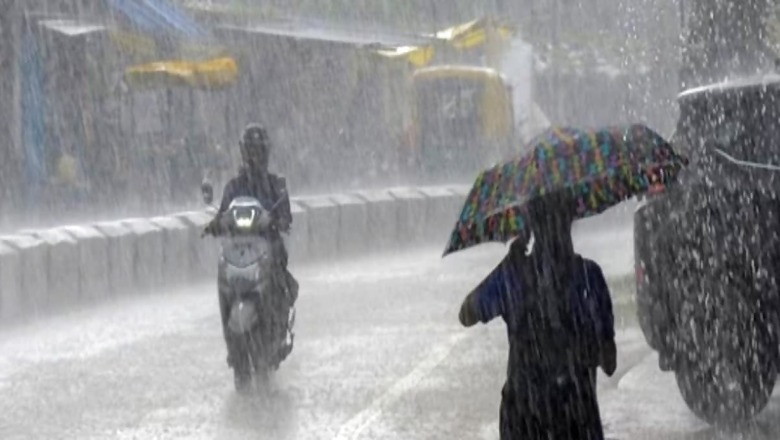
views
In a worrying sign for the vital agricultural sector, India’s monsoon has delivered a fifth less rain than normal so far this season, the India Meteorological Department (IMD) said on Monday.
India has received 20 percent less rainfall than normal since June 1, according to data compiled by the weather agency, with almost all regions except for a few southern states seeing shortfalls and some northwestern states experiencing heat waves.
Summer rains, critical to economic growth in Asia’s third-largest economy, usually begin in the south around June 1 before spreading nationwide by July 8, allowing farmers to plant crops such as rice, cotton, soybeans, and sugarcane.
According to the data, the rain shortfall in soybean, cotton, sugarcane, and pulses-growing central India has risen to 29 percent, while the paddy-growing southern region received 17 percent more rainfall than normal due to the early onset of the monsoon.
The northeast has received 20 percent less rainfall than normal so far, and the northwest some 68 percent less.
The lifeblood of the nearly $3.5-trillion economy, the monsoon brings nearly 70 percent of the rain India needs to water farms and refill reservoirs and aquifers.
In the absence of irrigation, nearly half the farmland in the world’s second-biggest producer of rice, wheat and sugar depends on the annual rains that usually run until September.
”The monsoon’s progress is stalled. It has weakened. But when it revives and becomes active, it can erase the rain deficit in a short burst,” an IMD official told Reuters.
The official sought anonymity because he was not authorised to speak to the media.
Heat wave conditions are likely to prevail in northern states for a few more days, but temperatures could start coming down from the weekend, the official added.
The maximum temperature in India’s northern states is ranging between 42 and 47.6 degrees Celsius (107.6 to 117.7 degrees Fahrenheit), about 4-9 C above normal, the IMD data showed.
(With agency inputs)



















Comments
0 comment